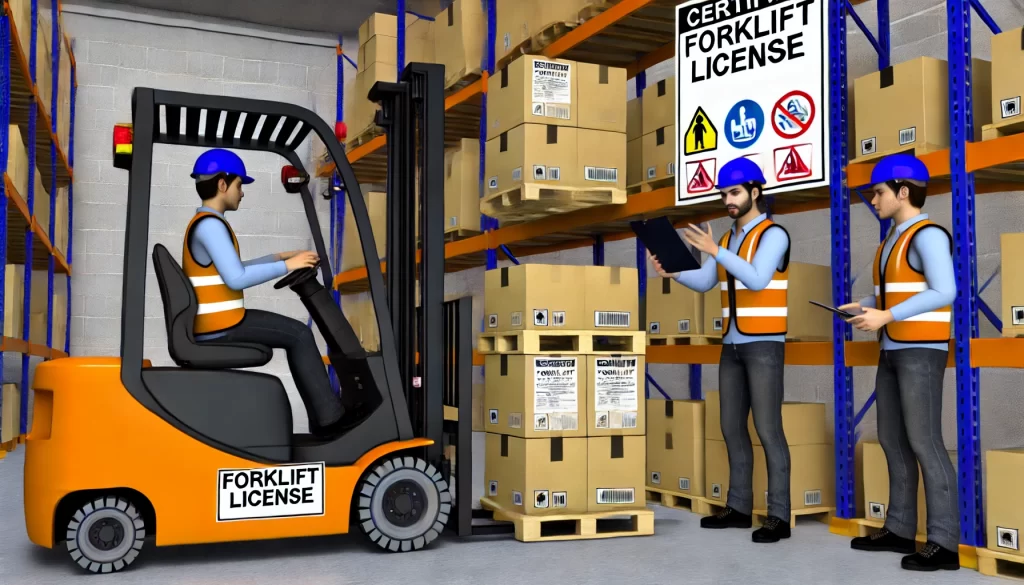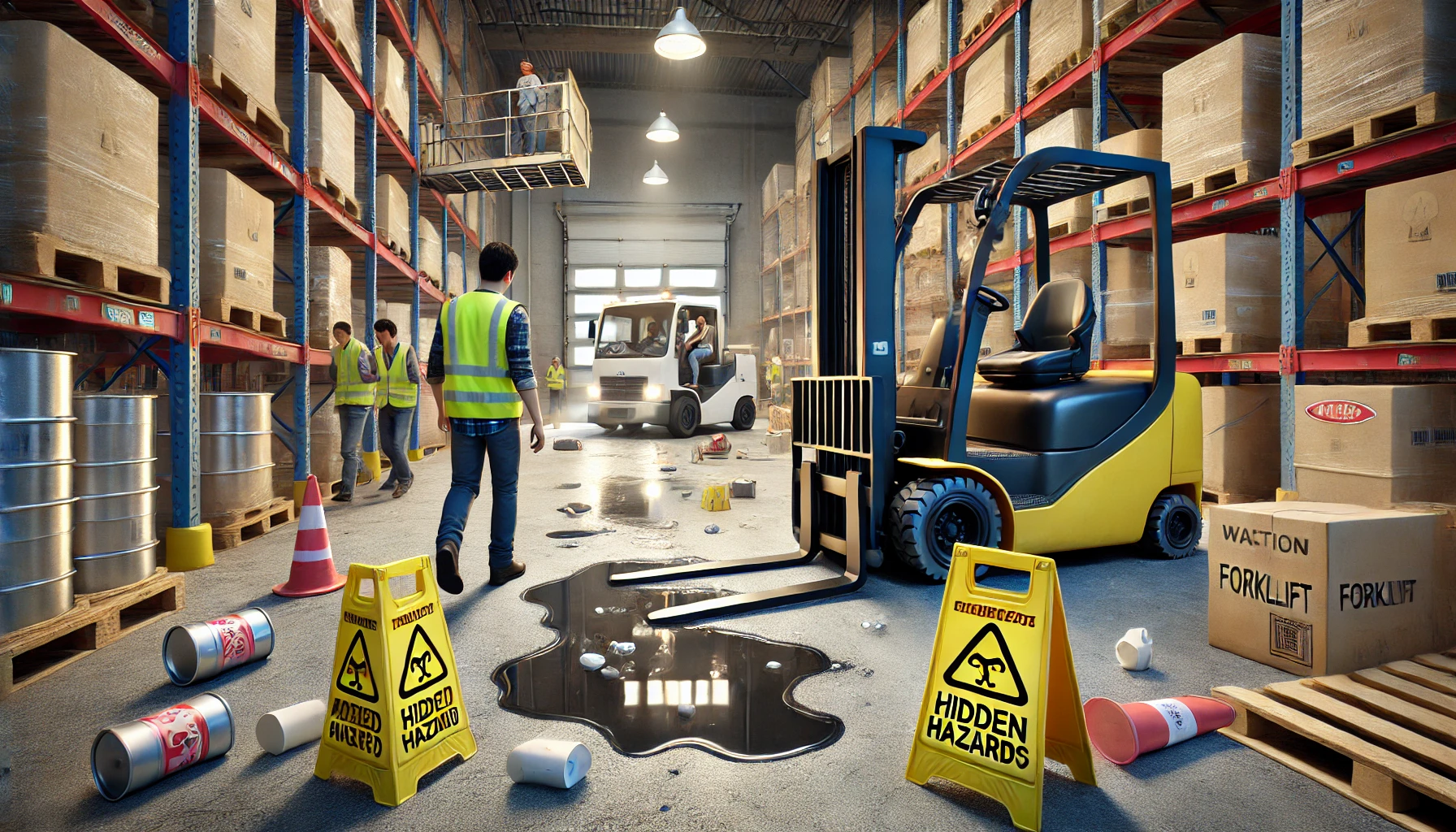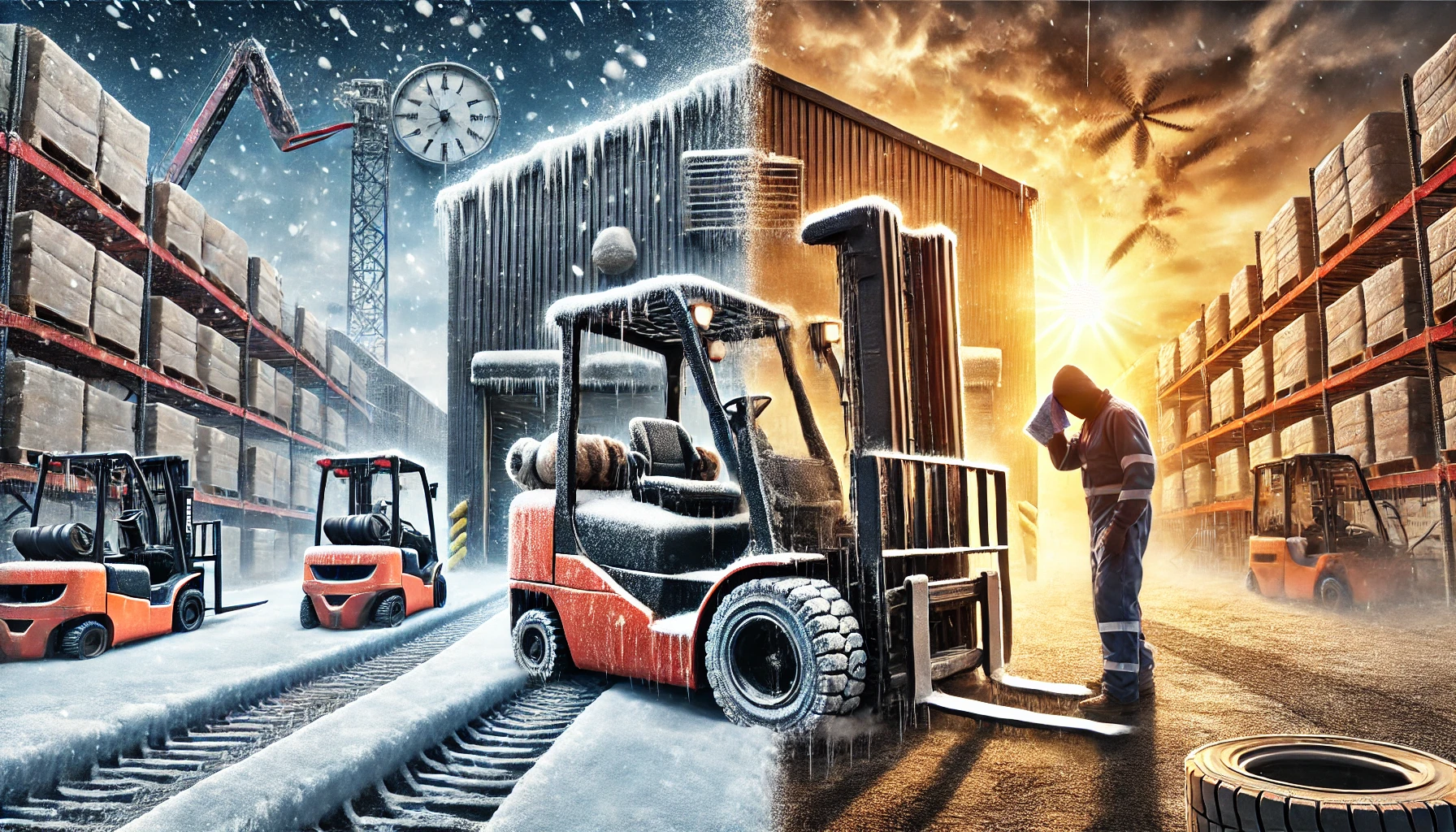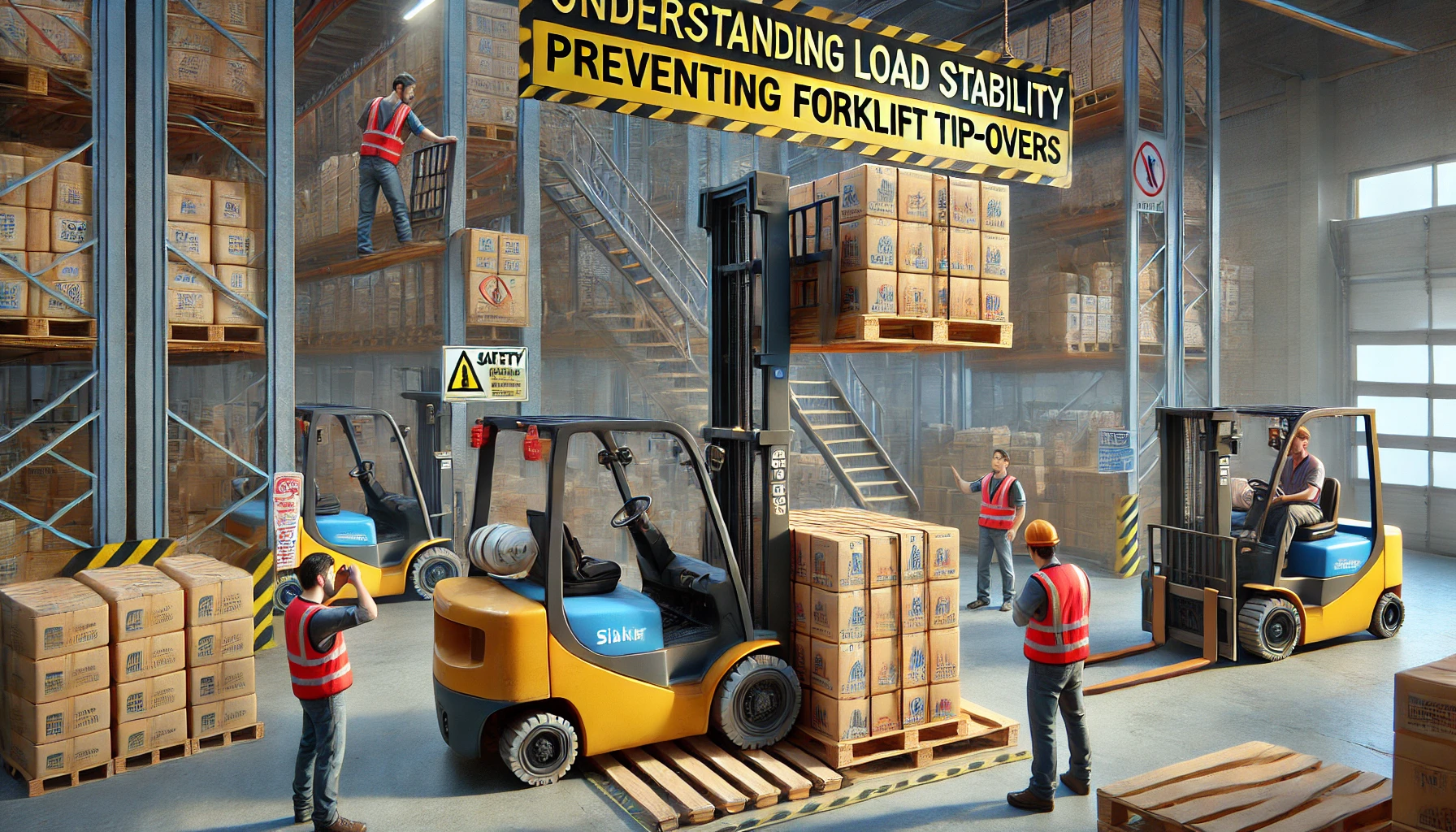If you’ve ever considered working in a warehouse or logistics company, chances are you’ve heard a lot about forklift licences. But why is getting licensed so important? In the fast-paced world of warehousing, having the right skills and certifications can make all the difference. Let’s dive into why forklift licences are becoming essential for warehouse jobs and how getting certified can give you a leg up in the job market.
The Growing Demand for Licensed Forklift Operators
Warehouses and logistics companies are the backbone of Australia’s supply chain. With the rise of e-commerce and the increasing need to move goods quickly and efficiently, the demand for skilled forklift operators has skyrocketed. Forklifts play a crucial role in day-to-day operations, whether it’s moving pallets, loading trucks, or stacking goods in storage.
But here’s the catch: not just anyone can jump behind the wheel of a forklift. Operating one safely and efficiently requires training, and that’s where forklift licences come in.
Why Certification Matters
Now, you might be thinking, “Do I really need a licence to drive a forklift?” The short answer is yes – and for good reason! Here’s why certification is critical if you’re looking for a warehouse job:
- Safety First
Forklifts are powerful machines, and when not used correctly, they can be dangerous. In fact, forklifts are responsible for a significant number of workplace injuries each year. Proper training ensures that operators know how to handle the equipment safely, understand weight limits, and are aware of the environment around them.
A forklift licence isn’t just a piece of paper – it represents that you’ve been trained in workplace safety and that you know how to operate the machinery without risking harm to yourself or others.
- Compliance with Australian Regulations
In Australia, workplace safety is no joke. According to WorkSafe regulations, anyone operating a forklift must have a valid high-risk work licence. Employers are required to ensure that their staff are properly trained and certified, or they could face penalties. For companies, hiring a licensed operator means they’re complying with the law and reducing their risk of legal issues.
For job seekers, this means that not having a licence could limit your opportunities in the warehouse and logistics sector. Having the proper certification makes you a more attractive candidate to potential employers.
- Increased Job Opportunities
As the demand for warehouse jobs grows, so does the competition for these roles. A forklift licence is often seen as a baseline requirement for many positions, especially those that involve handling inventory or operating heavy machinery. Without it, you could be missing out on a range of job opportunities.
Employers are always looking for skilled, reliable workers who can hit the ground running. By getting licensed, you’re showing that you’re ready for the job, making you a more appealing hire compared to someone who still needs training.
- Better Pay and Career Progression
Let’s be honest – getting a licence can lead to better pay. Forklift operators are often compensated more than general labourers because of the specialised skills involved. In addition to a higher starting wage, having a forklift licence can also open the door to other roles within the company, such as truck drivers, supervisory positions or roles in logistics management.
Getting licensed isn’t just about landing a job – it’s about setting yourself up for a career path with plenty of room for growth.
- Efficiency and Productivity
Warehouses are all about efficiency, and having trained forklift operators is key to keeping things running smoothly. With the right training, you’ll be able to move goods more quickly, reduce the risk of damaging products, and minimise downtime.
Employers know that a well-trained forklift operator can boost productivity and save the company time and money. So when they’re hiring, they’re looking for people who already have the skills to make an impact from day one.
How to Get Your Forklift Licence
So, how do you get your forklift licence? The process is straightforward. First, you’ll need to enrol in a certified forklift licence course. These courses cover the knowledge, calculation and practical aspects of operating a forklift, ensuring that you’re fully prepared for the job. After completing the training, you’ll need to pass an assessment that tests all three of these aspects.
Once you’ve passed all 3 assessments, you’ll receive a temporary high-risk work licence, which allows you to operate a forklift anywhere in Australia. You will also be provided with instructions on how to apply to WorkSafe Victoria, for the High-Risk Work licence card, either online or at the Post Office. Make sure you keep renewing this licence every 5 years, and more importantly update WorkSafe Victoria if your home address changes.
The Bottom Line
In today’s fast-moving world of logistics and warehousing, having a forklift licence isn’t just an advantage – it’s essential. The demand for licensed forklift operators is growing, and employers are prioritising candidates who have the necessary training and certification.
Getting your forklift licence shows that you’re serious about safety, compliance, and efficiency. It opens up a world of job opportunities, offers better pay, and sets you on a path for long-term career growth.
So, if you’re considering a job in a warehouse or logistics company, getting licensed should be at the top of your to-do list. With your forklift licence in hand, you’ll be well-equipped to meet the demands of the industry and secure a rewarding job in a thriving sector.







